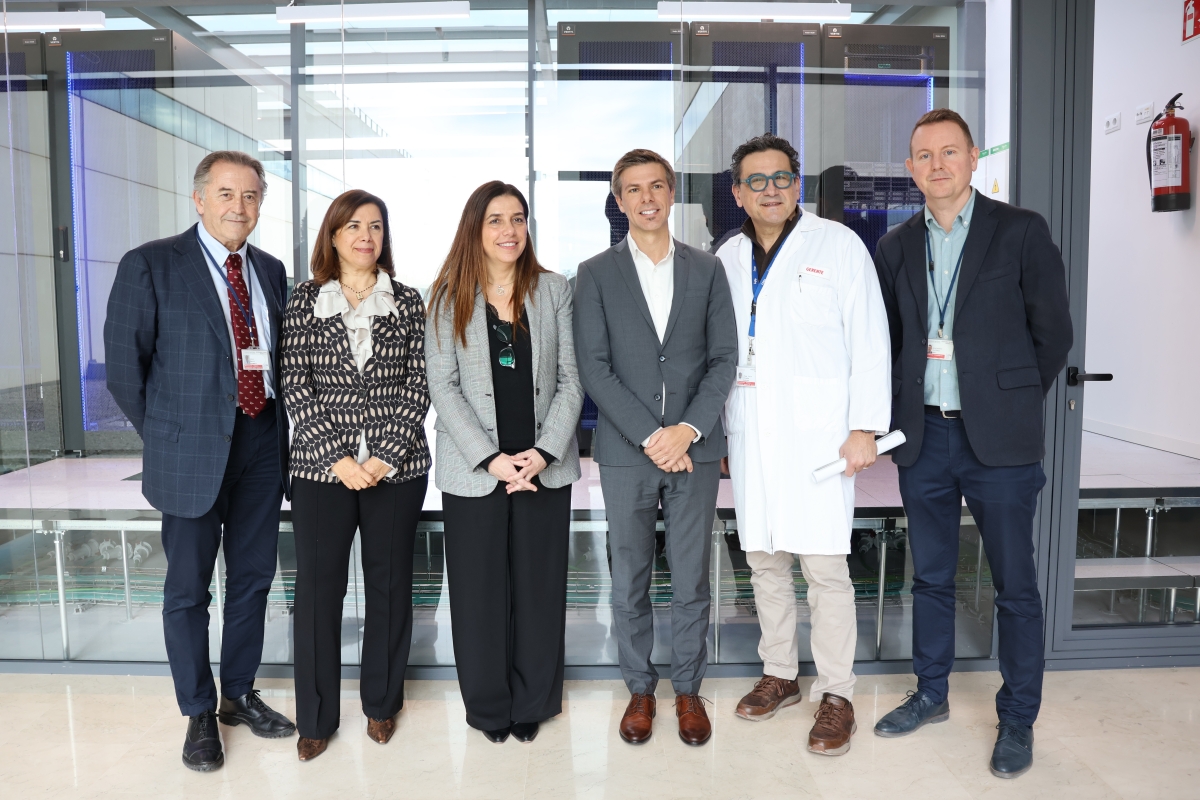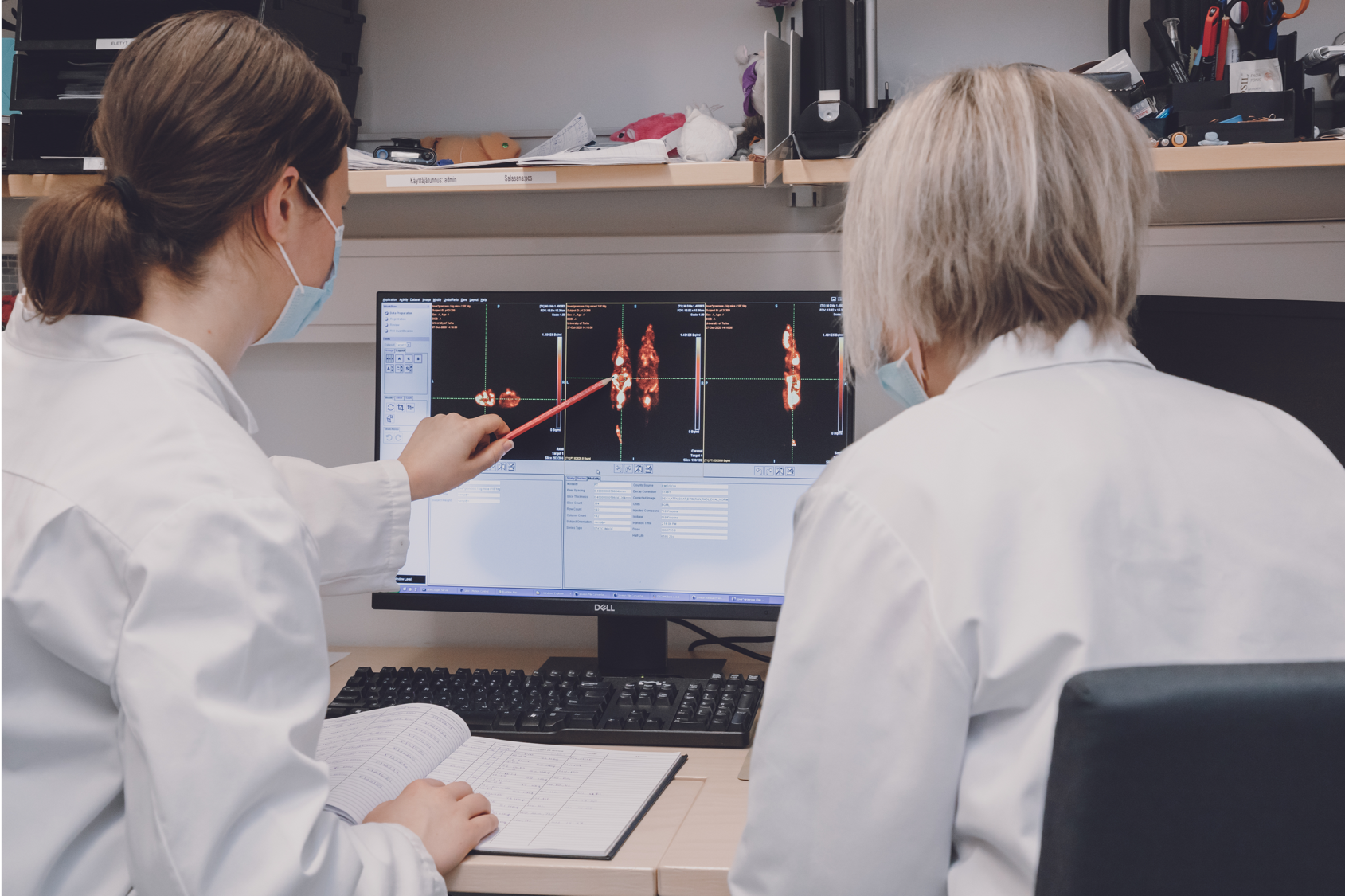
February 13, 2026
Euro-BioImaging at 3C-CoDash Hackathon
Bugra Oezdemir, our image data tools specialist from the Euro-BioImaging Bio-Hub team, had the pleasure of co-leading a session at the Data Science 3C-CoDash…
Earlier last week, two Euro-BioImaging Nodes, along with Euro-BioImaging hub members Ayoub El Ghadraoui and Susanne Vainio, took part in the ANERIS General Assembly meeting in Seville. The event aimed to reconnect and provide updates on the progress of various tasks and activities within the consortium.

ANERIS's general assembly meeting took place in Seville on November 26 and 27, with over 40 participants from various partner organizations. Euro-BioImaging Nodes France BioImaging and Israel BioImaging were represented by Caroline Thiriet, Fabrice Cordelieres, Perrine Paul-Gilloteaux, and Derya Dakkaynak, respectively.

Perrine Paul-Gilloteaux provided an in-depth overview on the latest developments in the tool developed under the ANERIS project, which focuses on detecting and characterizing macro-organisms in underwater images. She highlighted the tool's key features, improvements made since its initial development, and its ability to enhance the analysis of marine life captured in complex underwater environments. .
Derya Dakkaynak shared an update on the significant progress achieved in the development and refinement of the Automatic Underwater Image Restoration System. Derya outlined the technical advancements that have been made to improve image clarity and quality, particularly in challenging underwater conditions where visibility is often compromised due to factors like lighting, turbidity, and distortions.
Meanwhile, Ayoub El Ghadraoui, Euro-BioImaging Bio-Hub team member, presented a detailed overview of the initial training activities held in November, which focused on introducing consortium members but not only to the fundamentals of AI in image processing. Ayoub shared key outcomes from the training sessions as well as his vision for future training initiatives, and how the training sessions can serve as a platform for collaboration with external researchers and stakeholders, helping to refine and enhance the tools to better meet the expectations of end-users. During the meeting, we were informed that the ANERIS Workshop 2 was endorsed by the UN Ocean Decade, attesting to the high quality and relevance of this workshop for marine sciences.

The meeting served as an excellent opportunity to reconnect with the entire ANERIS consortium, discuss the various technologies and tools being developed by different partners, and explore mainly during the the co-design sessions how these innovations can be leveraged to create Operational Marine Biology products that will support researchers and stakeholders in a more efficient and sustainable monitoring of oceanic and coastal life, ultimately addressing the growing issue of biodiversity loss in the oceans.

February 13, 2026
Bugra Oezdemir, our image data tools specialist from the Euro-BioImaging Bio-Hub team, had the pleasure of co-leading a session at the Data Science 3C-CoDash…

February 12, 2026
The IIS La Fe (Instituto de Investigación Sanitaria La Fe) in Valencia, hosting the Euro-BioImaging Radiology and Medical Imaging Valencia Node, has inaugurated…

February 11, 2026
Today is the International Day of Women and Girls in Science. And tomorrow. And the day after that. The images below show our everyday.